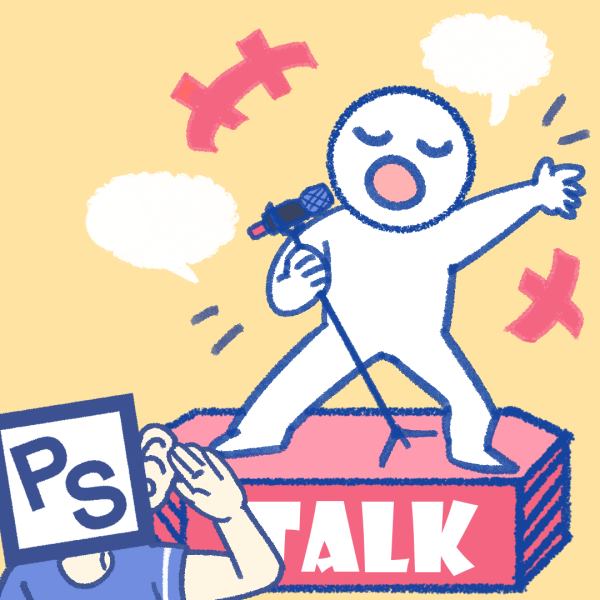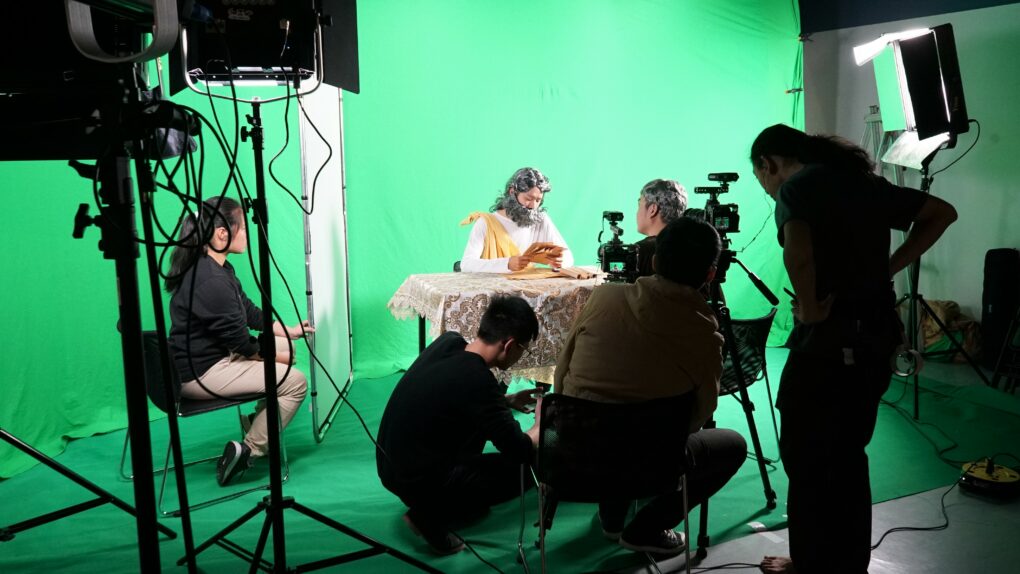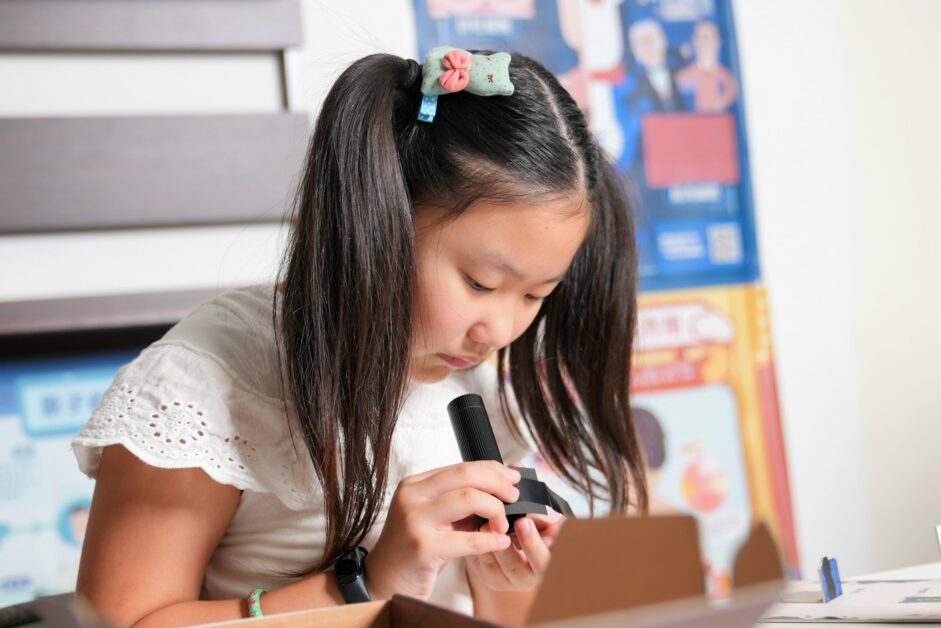「兇手一定是因為常常玩暴力電玩才會犯下這種罪行!」
「應該要禁止小孩玩暴力電玩!」
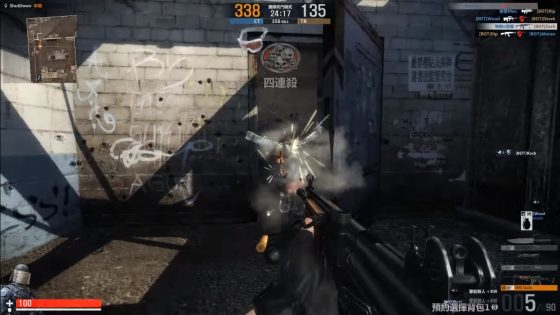
自從電玩成為青少年與年輕成人最主要的娛樂活動之一後,每當特定類型的案件發生,類似言論就會出現在人群中,例如校園槍擊案、隨機殺人案等等。「暴力電玩會增加玩家在現實世界的攻擊行為、會促使玩家變得暴戾、會提升犯罪率、會使玩家道德淪喪、對暴力無感…」這些貌似合理的說法,目前到底有幾分研究證據支持呢?
兩篇研究結論完全相反
暴力電玩的前身可說是含有暴力內容的電視或電影。80 年代,大人在擔心的事情是,給兒童看含有打架、血腥、殺戮的影片會不會對兒童有不良影響,或甚至引起他們的模仿。90 年代,電玩漸漸普遍,才開始出現零星的暴力電玩相關研究。第一篇回顧暴力電玩研究的後設分析(meta-analysis)期刊論文出現在2001年 [1],文章結論是暴力電玩確實會讓玩家的攻擊性行為(aggressive behaviour)增加、警醒度(arousal)提升、改變玩家認知中關於「侵略」一詞的概念(aggressive cognition)、以及幫助他人(prosocial behaviour)的意願降低。這篇文章無疑地為「暴力電玩有害」這一論點背書。但是,同年的另一篇後設分析研究的結論是,就算長期玩暴力電玩,也幾乎沒有增加侵略性 [2]。
所以,兩篇文章的結論相反?那到底結論什麼?其實在過去十幾年來,研究者也很想要回答這個問題,所以陸陸續續都有新的實驗結果出爐。但是直到今天,這個問題依然爭議性十足,原因是研究者們持續發現不一致甚至相衝突的結果……
研究上的重大瑕疵
2007 年,美國學者 Ferguson 大膽指出,過去多數暴力電玩有關研究都存在重大瑕疵,包括:缺乏較可信的「侵略性」或「侵略行為」的測量指標、除了暴力與否之外的其他遊戲變項沒有控制好(像是遊戲速度、競爭激烈程度、遊戲難度、畫面複雜度……)等等。Ferguson 在當年也收集了他認為較為可靠的研究加以進行後設分析,結果指出暴力電玩並不會增加玩家的侵略性 [3]。
有少數研究者認為 Ferguson 的批評缺乏立場。但是,真的是這樣嗎?
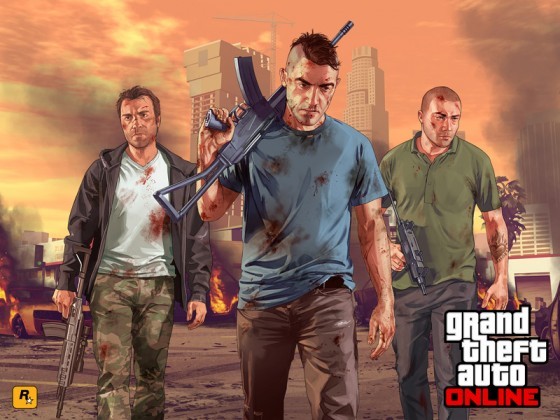
一般而言,研究裡面所指的暴力電玩包括:格鬥遊戲(例如 Street Fighter)、第一人稱射擊遊戲(例如 Doom),或甚至鼓勵玩家犯罪的俠盜獵車手(GTA)。至於非暴力電玩則有立體彈珠檯、Mini golf 或是解謎之類的益智遊戲。從這邊就能看出來,暴力電玩跟非暴力電玩的差別,不僅止於「暴力」與否。暴力電玩除了比非暴力電玩多出「暴力」這項元素外,暴力電玩似乎也比較刺激、節奏比較快速、遊戲畫面比較複雜、競爭比較激烈。這就是 Ferguson 所抨擊的要點之一。到底有多少實驗真的有把這些變項控制好?過去研究所觀察到的現象,真的是「暴力」這個因素造成的嗎?或者是因為暴力電玩剛好比較緊張刺激?或是因為需要贏得比較激烈的競賽所以才讓人變得具侵略性?或是其它原因?
雖然並不是所有的研究者都同意 Ferguson 的指控,但在他提出這些批評後,不少研究者在設計實驗時已經開始特別小心控制這些變項。
那麼,我們可以從改良過的新近研究,得到最後的結論了嗎?
可惜,事情並不如你我所想像的那麼單純。2009 年至 2015 年間所發表的後設分析研究,仍然沒有在某些爭議點上得到共識,包括攻擊性行為是否會增加 [4, 5]、侵略的認知概念是否會改變 [4–7]、同理心是否會降低 [4, 5]、幫助他人的意願是否會降低 [4–7]、學業成績是否會退步 [6] 等等。
除了電玩是否暴力,還有什麼什麼其他因素?
值得注意的是,近兩三年來,開始出現一類跟以往不同的研究。這類研究不再侷限於比較暴力電玩與非暴力電玩,而是把重點放在遊戲當中可能會影響玩家侵略性或造成其他行為改變的各項因素。以下試列舉幾項研究者試圖操控的因子:
競爭或合作
遊戲當中激烈的競爭會不會對玩家的侵略性有所影響?有研究指出,不論遊戲內容暴力與否,只要遊戲當中需要競爭,玩家的侵略性就會上升;反之,需要與夥伴合作的遊戲便會使侵略性降低 [8, 9]。
遊戲難度
不論暴力電玩或非暴力電玩,玩家認為遊戲難度高時,玩家本身的克制能力就會變得比較差[10];相反地,玩家覺得自己能夠勝任時,侵略性顯得較低 [11]。不過也有研究發現遊戲難度並不會影響侵略性[12]。
人格特質
玩家人格本身的侵略性特質不一樣,受影響的方式也有所不同[13]。
遊戲畫面擬真度
遊戲畫面逼真的暴力電玩真的會產生比較大的效果嗎 [14]?
角色扮演種類
在暴力電玩中扮演罪犯會比扮演英雄引起更強的侵略性 [15]、在遊戲中扮演男性角色比扮演女性角色會使得玩家的侵略性更為提升 [16],扮演不同人種的角色也會有不同的影響 [17]。
總結來說,「暴力電玩究竟會對玩家造成什麼影響」這個議題其實還算是相對年輕的議題,沒有結論也不意外。只是,除了爭辯「暴力電玩是否有害」這道是非題外,遊戲當中「暴力」以外的因素是不是也不容忽略呢?
參考文獻
- [1] C. A. Anderson and B. J. Bushman, “Effects of Violent Video Games on Aggressive Behavior, Aggressive Cognition, Aggressive Affect, Physiological Arousal, and Prosocial Behavior: A Meta-Analytic Review of the Scientific Literature,” Psychol. Sci. Wiley-Blackwell, vol. 12, no. 5, p. 353, Sep. 2001.
- [2] J. L. Sherry, “The effects of violent video games on aggression: A meta-analysis.,” Hum. Commun. Res., Jul. 2001.
- [3] C. J. Ferguson, “Evidence for publication bias in video game violence effects literature: A meta-analytic review,” Aggress. Violent Behav., vol. 12, no. 4, pp. 470–482, Jul. 2007.
- [4] C. A. Anderson, A. Shibuya, N. Ihori, E. L. Swing, B. J. Bushman, A. Sakamoto, H. R. Rothstein, and M. Saleem, “Violent Video Game Effects on Aggression, Empathy, and Prosocial Behavior in Eastern and Western Countries: A Meta-Analytic Review,” Psychol. Bull., vol. 136, no. 2, pp. 151–173, 2010.
- [5] G. Hall, S. Hamby, and L. Hedges, “In keeping with the American Psychological Association’s (APA) mission to advance the development, communication, and application of psychological knowledge to benefit society, the Task Force on Violent Media was formed to review the 2005 APA Resolution on Violence in Video Games and Interactive Media and the related literature. The goal of the task force was to ensure that APA’s resolution on the topic continues to be informed by the best science.”
- [6] C. J. Ferguson, “Do Angry Birds Make for Angry Children? A Meta-Analysis of Video Game Influences on Children’s and Adolescents’ Aggression, Mental Health, Prosocial Behavior, and Academic Performance,” Perspect. Psychol. Sci., vol. 10, no. 5, pp. 646–666, 2015.
- [7] T. Greitemeyer and D. O. Mügge, “Video Games Do Affect Social Outcomes A Meta-Analytic Review of the Effects of Violent and Prosocial Video Game Play,” Pers. Soc. Psychol. Bull., p. 146167213520459, Jan. 2014.
- [8] S. Eden and Y. Eshet-Alkalai, “The Effect of Digital Games and Game Strategies on Young Adolescents’ Aggression,” J. Educ. Comput. Res., vol. 50, no. 4, pp. 449–466, Jun. 2014.
- [9] J. A. Velez, T. Greitemeyer, J. L. Whitaker, D. R. Ewoldsen, and B. J. Bushman, “Violent Video Games and Reciprocity The Attenuating Effects of Cooperative Game Play on Subsequent Aggression,” Commun. Res., p. 93650214552519, Sep. 2014.
- [10] C. R. Engelhardt, J. Hilgard, and B. D. Bartholow, “Acute exposure to difficult (but not violent) video games dysregulates cognitive control,” Comput. Hum. Behav., vol. 45, pp. 85–92, Apr. 2015.
- [11] A. K. Przybylski, R. M. Ryan, and C. S. Rigby, “The Motivating Role of Violence in Video Games,” Pers. Soc. Psychol. Bull., vol. 35, no. 2, pp. 243–259, Feb. 2009.
- [12] J. Kneer, M. Elson, and F. Knapp, “Fight fire with rainbows: The effects of displayed violence, difficulty, and performance in digital games on affect, aggression, and physiological arousal,” Comput. Hum. Behav., vol. 54, pp. 142–148, Jan. 2016.
- [13] Y. Jung, N. Park, and K. M. Lee, “Effects of Trait Hostility, Mapping Interface, and Character Identification on Aggressive Thoughts and Overall Game Experience After Playing a Violent Video Game,” Cyberpsychology Behav. Soc. Netw., vol. 18, no. 12, pp. 711–717, Dec. 2015.
- [14] Zendle D, Cairns P, and Kudenko D, “Higher graphical fidelity decreases players’ access to aggressive concepts in violent video games,” presented at the CHI PLAY 2015 – Proceedings of the 2015 Annual Symposium on Computer-Human Interaction in Play.
- [15] J. D. Sauer, A. Drummond, and N. Nova, “Violent video games: The effects of narrative context and reward structure on in-game and postgame aggression.,” J. Exp. Psychol. Appl., vol. 21, no. 3, p. 205, Sep. 2015.
- [16] G. S. Yang, L. R. Huesmann, and B. J. Bushman, “Effects of playing a violent video game as male versus female avatar on subsequent aggression in male and female players,” Aggress. Behav., vol. 40, no. 6, pp. 537–541, Dec. 2014.
- [17] G. S. Yang, B. Gibson, A. K. Lueke, L. R. Huesmann, and B. J. Bushman, “Effects of Avatar Race in Violent Video Games on Racial Attitudes and Aggression,” Soc. Psychol. Personal. Sci., p. 1948550614528008, Mar. 2014.


